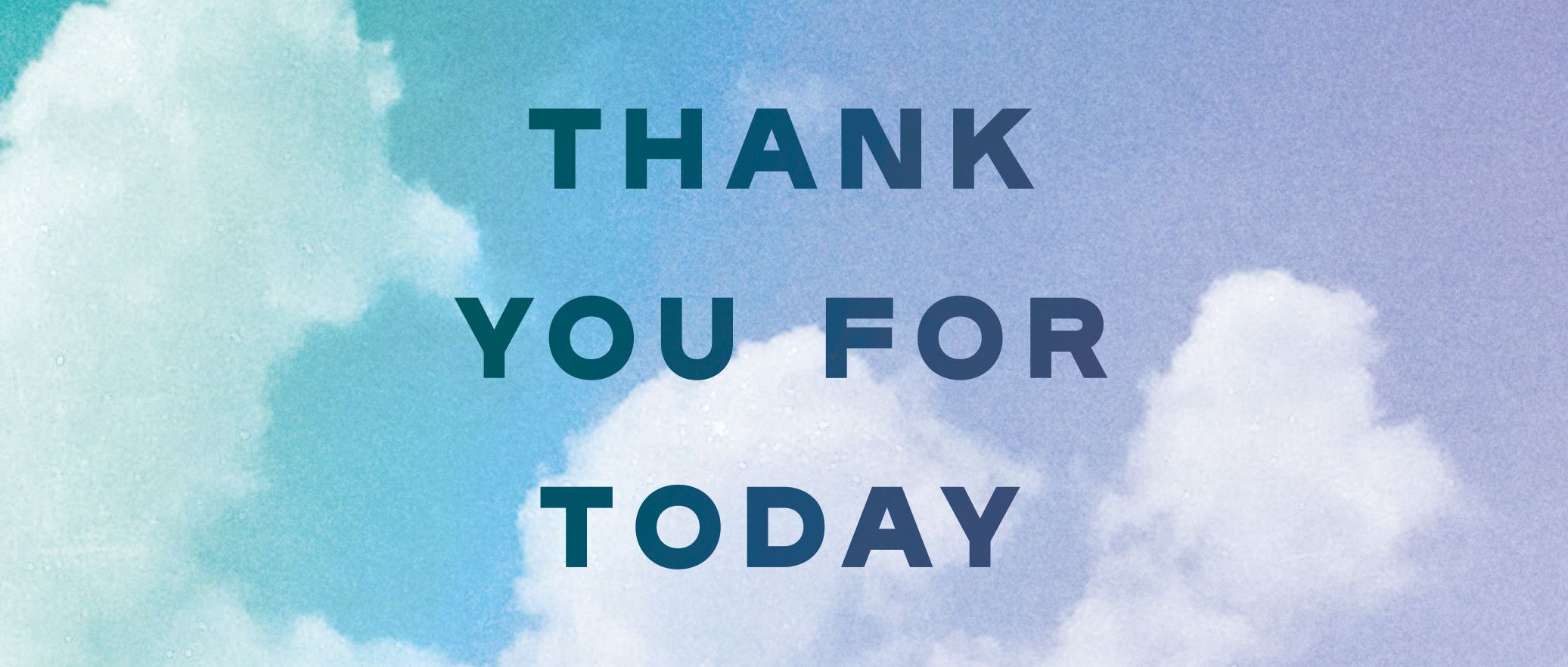Death Cab for Cutie continues the 2010s letdown with ‘Thank You for Today’

Death Cab for Cutie
Thank You for Today
Atlantic Records · August 17, 2018
20 years since their debut album, and Death Cab for Cutie is still alive and kicking as they release their ninth studio album, Thank You For Today. 20 years means a lot of growing for songwriter and lead singer Ben Gibbard, and with this album, he stated that he wanted to make it more personal. After the critical failures of other 2010s albums like Codes and Keys and Kintsugi, it’s not questionable as to why Gibbard is attempting to bring back the old Death Cab sound. Thank You for Today takes on a myriad of artist influences, maybe as a way for Gibbard to look back on what he knows. “Gold Rush” samples Yoko Ono’s “Mind Train,” while the percussion on “Summer Years” echoes the percussion in Radiohead’s “Weird Fishes/Arpeggi” (Gibbard’s favorite Radiohead song), as its synths and twining guitar back the heaviness of lyrics like “Sometimes I’m overcome by the choices I couldn’t outrun.” The instrumentals of “You Moved Away” sound like an ambient take on Pet Shop Boys, while the lyrics reflect on the loss of friends through the passing of time.
One of the subtler songs on the album, “Your Hurricane,” takes you back to Death Cab’s earlier material while still offering evidence for of musical evolution. It’s more personal and open with the poignant main lyric, “I won’t be the debris in your hurricane,” giving a greater depth to the album – but the bad news is this depth doesn’t last long. The very next song, “When We Drive,” juxtaposes all of that with empty lyrics and a commercial sound. The chorus plainly repeats its title, and there’s this chiming in the background that is remindful of “Paris” by The Chainsmokers. Take that as you will.
It’s also the first album since guitarist, songwriter, and producer Chris Walla left the band and the second album that Rich Costey produced, and these are not necessarily good things. The lyrics of “Gold Rush” speak of the gentrification that has invaded Gibbard’s Seattle home. Although there’s a reflective beauty in the lines, “They’re digging for gold in my neighborhood / For what they say is the greater good / But all I see is a long goodbye / A requiem for a skyline,” it’s sadly washed out by the processing of Gibbard’s voice, almost making him sound like he’s singing with water dribbling from his mouth. This song doesn’t sound anything like Transatlanticism or Plans, the material that Death Cab fans yearn to hear, but that isn’t bad. If it wasn’t plagued with the overproduction, it would’ve been the most refreshing and exciting song on the album, and it would’ve shown a true successful growth in Death Cab’s sound. On the bright side, the album ends on a heartfelt note with the song “60 & Punk,” which encapsulates the eidetic and heavy songwriting that Death Cab is so successful with. No overproduction to be found, and Gibbard’s voice is raw and inviting as he sings pensive lines like, “Were you happier when you were poor?” Backed with a tender piano instrumental, this song exemplifies the phrase “Best saved for last.”
Although Thank You For Today does have its peaks, the valleys overshadow them. The personal depth that Death Cab is notorious for diving into just isn’t cohesive throughout the album. Songs like “When We Drive” and “Near/Far” are just too vague and too vacant for what this album deserved. The overproduction throughout works against Gibbard’s emotional lyricism. Songs like “Your Hurricane” and “60 & Punk” that speak from the heart should be surrounded by other songs that speak the same, instead of this confused attempt to simultaneously grow and revisit the past. Death Cab does best when they keep it simple and pure, and this album is more of a consolation prize for the other 2010s album than a real winner.